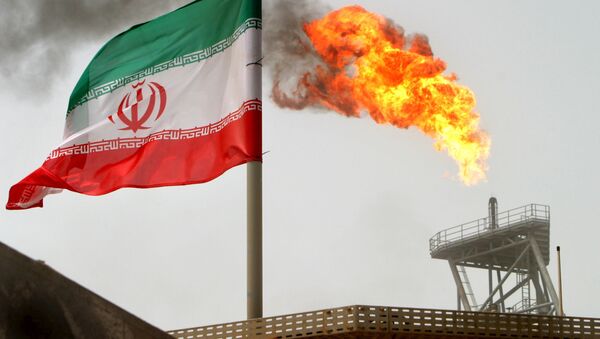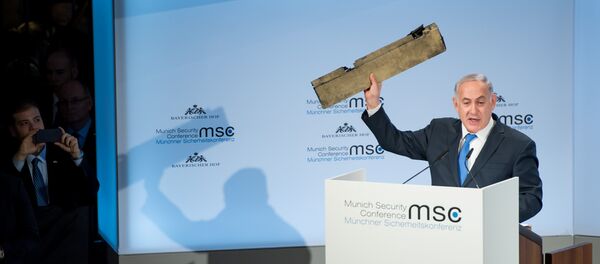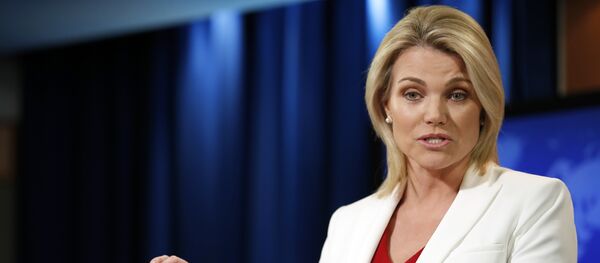Sputnik: Is there a real possibility of a conflict between Israel and Iran breaking out?
Anoush Ehteshami: It depends on what you mean by conflict because I think there has been a proxy war going on between them for some time now. I would go back to the 1980’s and it changes in terms of its intensity, but the two are very suspicious of each other and they do seem to do things against the other.
If you mean by conflict, as in a war breaking out between Israel and Iran any time soon, I don’t believe there is that possibility at present. Neither party wants a war, as both have other interests to protect, so I don’t see the prospect of a war between them as an imminent danger.
Anoush Ehteshami: Iran’s role in Syria is actually multi-faceted; it has a very direct military role and is very involved in Syrian security. It also plays a significant political role, in giving legitimacy to the Assad regime, in terms of being its one and only outside ally which is prepared to provide it with both military and security support during this dire situation.
Iran also provides cultural and socio-economic support, and agreed to provide in post-conflict Syria support for redevelopment and rebuilding, industrialisation, agricultural support, energy support and also guaranteeing its own resources.
These are very important attributes that Iran is bringing to Syria and this is what is sustaining Syria on the ground. While Russian support at the high level military side, is the other pillar on which the Assad regime is leaning.
Anoush Ehteshami: I believe it was. I don’t think Iran has violated the terms of the agreement, there may be issues about the pre-amble of the agreement in which all parties spoke about helping towards restoring confidence and security in the region, but Iran has argued that actually, it’s the other side which is breaking the spirit of the deal.
The Russians, Chinese and European Union, as well as the United Nations itself, have agreed that the deal was good and also that Iran has remained compliant with the deal. Was the 2015 deal fair? I would say yes. All parties have remained loyal to it apart from the United States.
The views expressed in this article are solely those of the speaker and do not necessarily reflect the official position of Sputnik.





